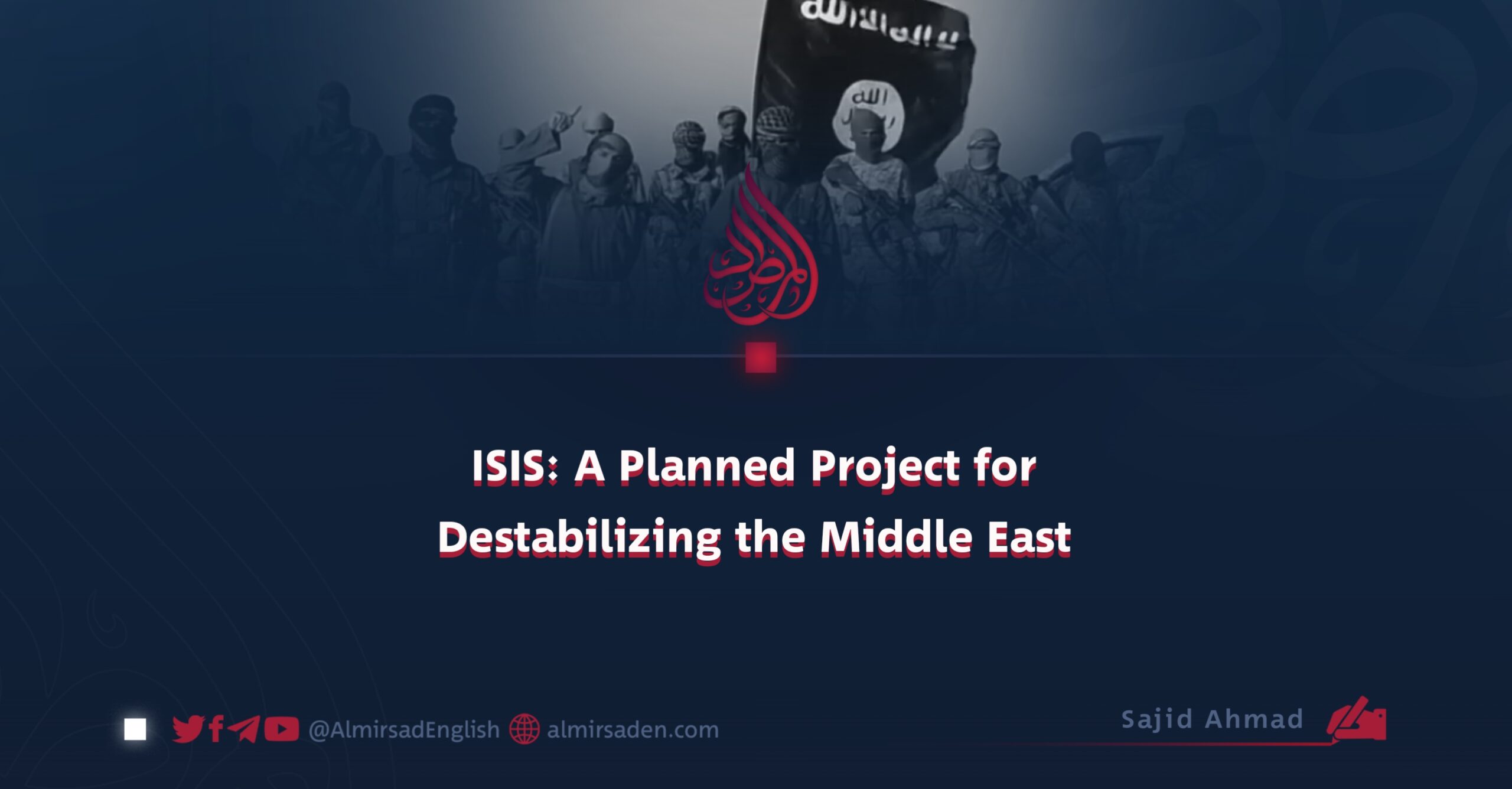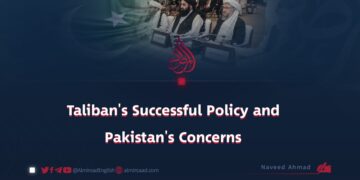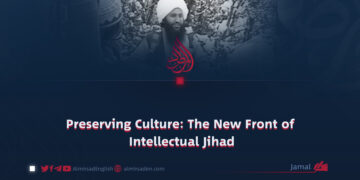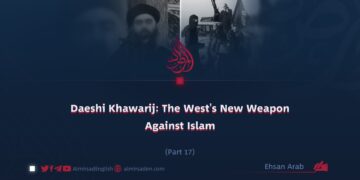Sajid Ahmad
ISIS is neither a genuine political system nor an Islamic government. Rather, it was a project conceived by colonial and Western powers to serve specific objectives over a limited period of time. While presenting itself as a caliphate, this extremist group functioned as a tool to spread Islamophobia worldwide, fuel instability in the Middle East, and provide justification for Western military interventions.
In contrast to authentic divine systems such as the Islamic order, which rest upon Sharia, justice, and moral guidance, ISIS lacked any legitimate religious foundation or governmental structure. Its survival depended entirely on covert support from states such as the United States, Israel, and other allied governments.
Declassified evidence has revealed that ISIS was the product of strategies devised by Western intelligence agencies, particularly the CIA, to confront resistant governments in the region, most notably Syria and Iraq. From its inception, ISIS was sustained with foreign funding, weapons, and propaganda, allowing it to operate as an instrument of chaos designed to weaken Islamic resistance movements.
The trajectory of its leadership illustrates this manipulation. Abu Bakr al-Baghdadi, the group’s self-proclaimed leader, was trained while in U.S.-controlled prisons in Iraq. Upon his release, he emerged as the central figure of the project. Such facts demonstrate that ISIS was never an Islamic reform movement but an operational enterprise engineered to advance colonial agendas.
The overarching purpose of this project was to distort the authentic image of Islam and instill fear of Muslims across the globe. Its campaign relied on brutal spectacles such as the beheading of captives, the destruction of historic monuments, and the imposition of oppressive laws under the guise of Sharia. These acts were not only un-Islamic but also calculated to present the world with a grotesque caricature of Islam, wholly detached from its genuine teachings.
Such actions served multiple purposes. They provided justification for Western policies hostile to Islam, intensified pressure on Muslim societies, and created the insecurity necessary to rationalize the continued presence of U.S. and NATO forces in the Middle East. Under this pretext, military occupation was prolonged and natural resources, particularly energy reserves, were exploited.
Yet projects of this nature are inherently temporary. Proxy groups, once their missions are fulfilled, are either dismantled or abandoned. ISIS, after suffering defeat in Iraq and Syria, fragmented into scattered cells. While sporadic reports of its activities still surface in different parts of the world, these operations persist only as long as they remain useful to their backers. When their utility ends, the remnants of ISIS will share the fate of their leader, al-Baghdadi, who was ultimately eliminated by the very forces that once enabled his rise.
ISIS therefore cannot be viewed as a divine order or a legitimate political entity. It was a carefully constructed project, designed to achieve colonial objectives through the manipulation of religious concepts. In pursuing this mission, it not only sullied the reputation of Islam but also claimed the lives of thousands of innocent people and destroyed the infrastructure of Muslim nations. The exposure of Western involvement has made it clear that ISIS was part of a broader geopolitical strategy aimed at dominating the Middle East and weakening movements of Islamic resistance.
History, however, demonstrates that such manufactured projects are unsustainable. Ultimately, the same powers that design and unleash these destructive forces often find themselves vulnerable to their consequences.



















































